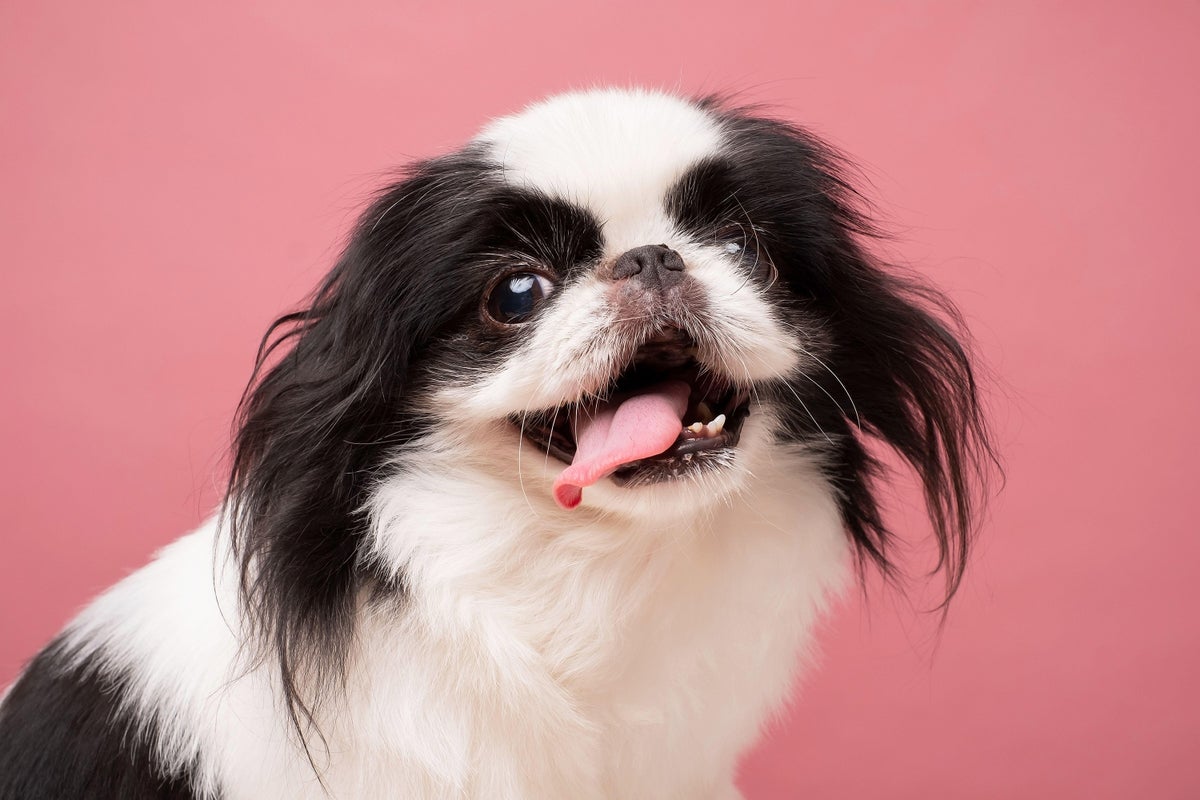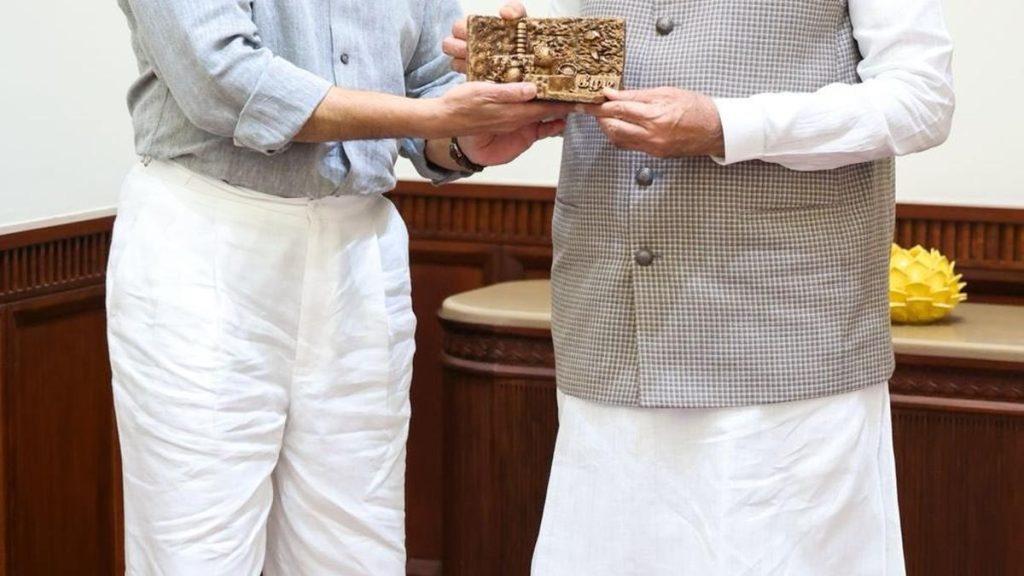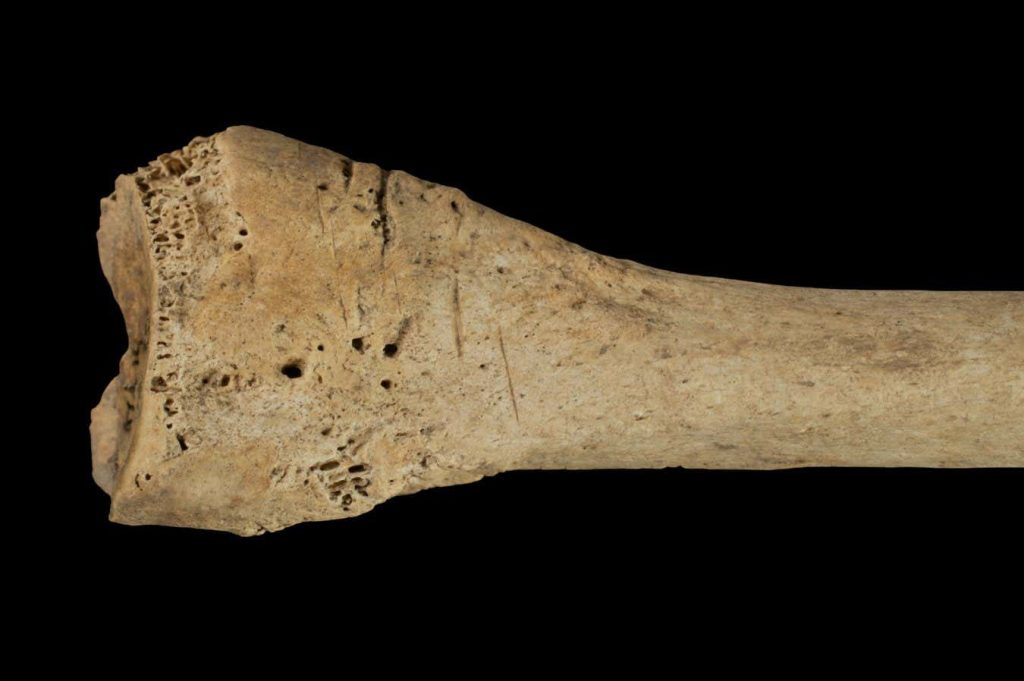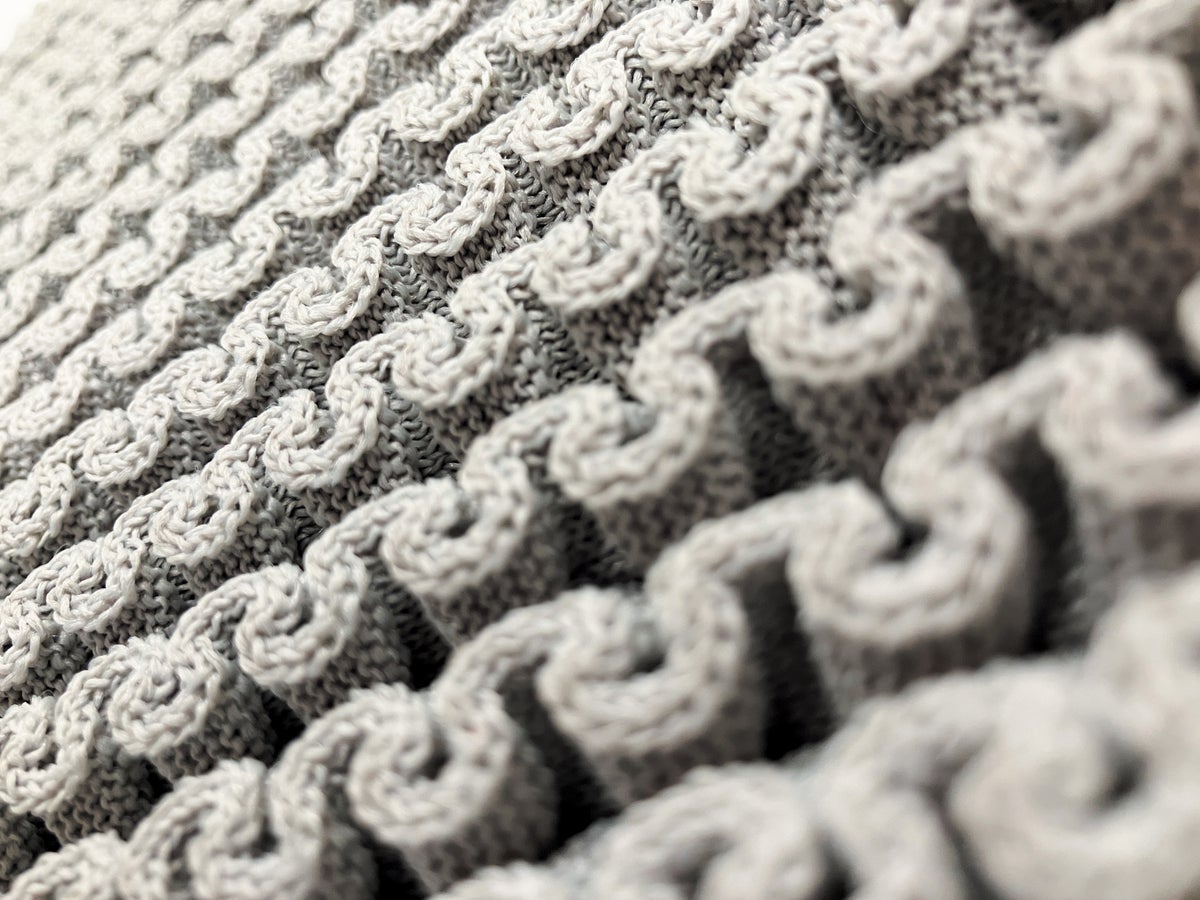Now Reading: Selective Breeding Is Making Dogs and Cats Look Surprisingly Similar
-
01
Selective Breeding Is Making Dogs and Cats Look Surprisingly Similar
Selective Breeding Is Making Dogs and Cats Look Surprisingly Similar

Quick Summary
- Breeds like Persian cats, pugs, and Pekingese dogs share exaggerated flat-faced skull structures due to selective breeding for “babylike” features.
- New research published in Proceedings of teh National Academy of Sciences USA reveals these brachycephalic breeds are now more similar to each other than their wild ancestors, despite being from different evolutionary families.
- Selective breeding has erased 50 million years of evolution in these animals’ skull shapes according to evolutionary biologist Jonathan Losos.
- Brachycephalic cats and dogs suffer from notable health issues including breathing difficulties, eye problems, and intolerance to heat or exercise. Some require corrective surgeries due to their unnatural anatomy.
- the study analyzed skull data from 1,810 specimens using CT scans and museum samples, illustrating drastic structural changes such as tilted palates and reduced nasal regions that compromise airway function in these animals.
Images:
- Japanese Chin Dog (Source: anna Koldunova/Alamy Stock Photo)
- Chinchilla Persian Cat (Source: Tierfotoagentur/Alamy Stock Photo)
Indian Opinion Analysis
The findings about brachycephalic breeds have notable implications for animal welfare globally-including India-where domestic pets are increasingly popular among urban communities drawn by pedigree status or aesthetics over practicality for climate conditions or health longevity of the species involved.
India’s unique environmental challenges-such as high temperatures-make it critical that pet owners prioritize breeds suited to such conditions rather than focusing on exaggerated features created through selective programs that compromise an animal’s quality of life.
India can also draw lessons on ethical breeding practices; the research underscores a need for public awareness about the detrimental effects of artificial traits on companion animals’ health outcomes while promoting shelter adoptions as viable humane solutions reducing dependency solely focused toward ‘cuteness’.




























